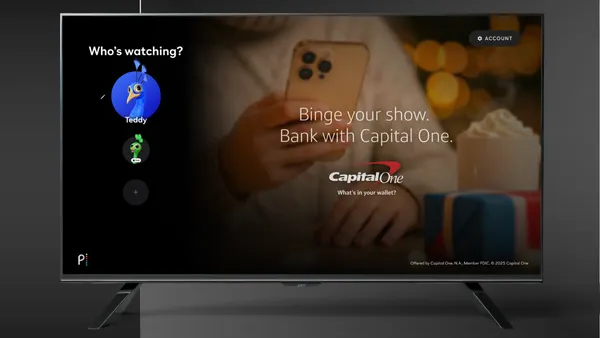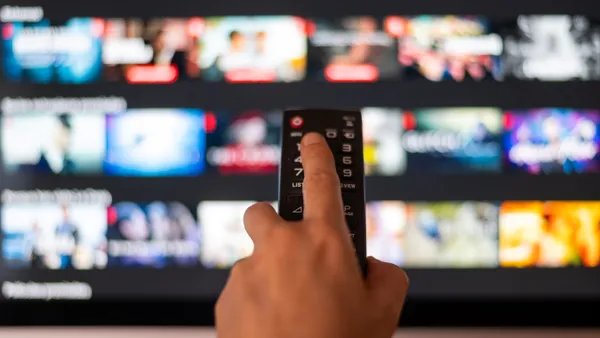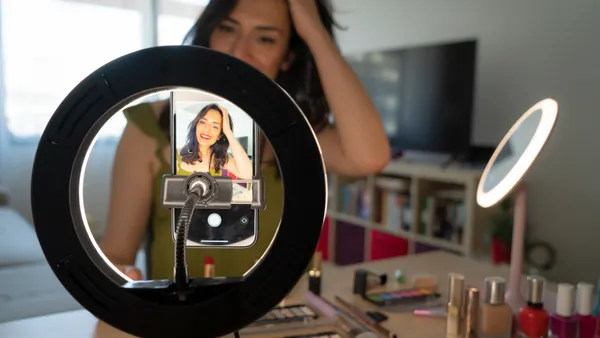Dive Brief:
- Eric Schmidt, chairman of Google parent company Alphabet, said that Google can't completely guarantee that advertisements on its platform won't appear next to offensive content, but that his company is working on a solution that will get "pretty close," per CNBC.
- Google and its YouTube video portal have faced significant backlash as ads have appeared next to content related to terrorism, hate speech and violence, inadvertently helping fund it. This brand safety issue first flared up in the U.K and European markets when ad giant Havas, along with major media organizations, halted Google ad spend, but the move has since been echoed by a number of big-name U.S. brands.
- "We're very good at detecting what's the most relevant and what's the least relevant. It should be possible for computers to detect malicious, misleading and incorrect information and essentially have you not see it," Schmidt said. "We're not arguing for censorship, we're arguing just take it off the page, put it somewhere else ... make it harder to find [...] I think we're going to be ok."
Dive Insight:
In the current heated climate, a lack of guarantees is probably not what brands and advertisers want to hear coming from Google. However, Schmidt's statements carry a refreshing measure of transparency and honesty that might also be more realistic than some proposed catch-all solution.
The sheer volume of content published to Google and YouTube is immense, inevitably leading some bad media to slip through the cracks. “[W]ith millions of sites in our network and 400 hours of video uploaded to YouTube every minute, we recognize that we don't always get it right,” wrote Google U.K. Managing Director Ronan Harris in the wake of the Havas controversy.
Though a grounded approach is understandable, Google still needs to be proactive in weeding out bad content lest it continue to lose the trust and business of major brands. Even after promising more tools for advertisers and the hiring of additional staff for content monitoring earlier this week, marketers including AT&T, Verizon and Johnson & Johnson put Google ads on a freeze.
One area Google is dancing around is actively seeking out offensive videos rather than simply reviewing material flagged down by users and brands. The company is likely aiming to avoid accusations of censorship, but it might need to take a harder stance on the issue or otherwise take a more pointed hit to its bottom line.
Prior to the brand safety controversies, eMarketer forecast that Google will command around 40.7% of all U.S. digital ad revenue in 2017. As more marketers essentially blacklist the platform, that dominance might be stymied, but the situation is double-edged. Online advertisers don’t have many options to get even close to Google's reach, with Facebook being the lone considerable competitor.
While current protests are clearly having an impact on Google's policies and spurring action in the moment, many brands, and especially smaller brands, likely can't afford to stay off the platform for the long-term.












